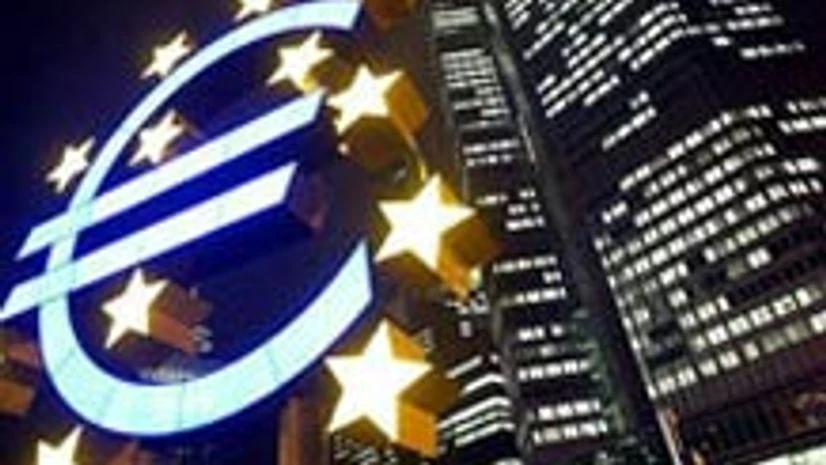European leaders on Monday said it was down to Greek Prime Minister Alexis Tsipras's government to step back from the brink and stay in the euro zone.
With Greece under capital controls and its banks closed, German Chancellor Angela Merkel and French President Francois Hollande offered no concessions beyond saying they remained open to talks, even after Greece's planned July 5 referendum on the terms attached to aid. European Commission head Jean-Claude Juncker said the "whole planet" would view a "no" vote as Greece turning its back on Europe.
Leaders were emboldened by a measured investor response to the turmoil, as Tsipras's government took emergency steps to avert the collapse of its financial system. While his decision to hold a ballot increased the risk of Greece exiting the euro zone, evidence of contagion elsewhere was limited, reducing his leverage over creditors.
More From This Section
The euro erased its losses after dropping to a near one-month low against the dollar, and traded little changed at $1.1163 as of 5:15 pm in Berlin. European equities sank, with the Stoxx Europe 600 Index down 2.5 per cent, while bond yields jumped in Italy, Spain and Portugal.
The Shanghai Composite slid 3.3 per cent to 20 per cent below its June 12 close of 5,180.51, meeting some investors' definition of having entered a bear market. Monday's swing on the benchmark index for China's largest venue was the biggest in point terms since 1992, according to data compiled by Bloomberg.
While the situation remains one of "drama," the reaction on capital markets was "less than feared," Credit Suisse AG Chairman Urs Rohner said at a conference in Bern. "A lot was priced in already."
European leaders sought to reach out to the Greek people, while offering Tsipras's government little leeway after he ended negotiations over future bailout aid at the last minute on Friday. Tsipras, who promised to return "dignity" to the people and reject budget cuts imposed by creditors, appealed for "calm" after weekend-long queues at ATMs and gas stations.
"A lot is still conceivable," Jeroen Dijsselbloem, the Dutch finance minister who leads meetings of his euro-area counterparts, told reporters in the Hague. "But it's clear the Greeks seem to have made up their minds on the route they're choosing." Dijsselbloem said, adding he "continues to regret" that they walked away "but they've chosen their path and we cannot interfere".
In his speech on television, Tsipras had said, "In the coming days, what's needed is patience and composure…The bank deposits of the Greek people are fully secure. This is applies to the payment of wages and pensions --- they are also guaranteed."
While it was Greece's sovereign right to hold the referendum, "what's at stake is serious", Hollande told reporters in Paris on Monday after an emergency session of ministers to discuss the Greece crisis. "It's about knowing if the Greek people want to stay in the euro zone…That is their place, in my eyes, but it's up to them to decide. Or, they take the risk of leaving."
In public responses to the developments, both Hollande and Merkel stressed the joint efforts made since Greece first called for international aid in 2010 to halt the threat of contagion.

)
